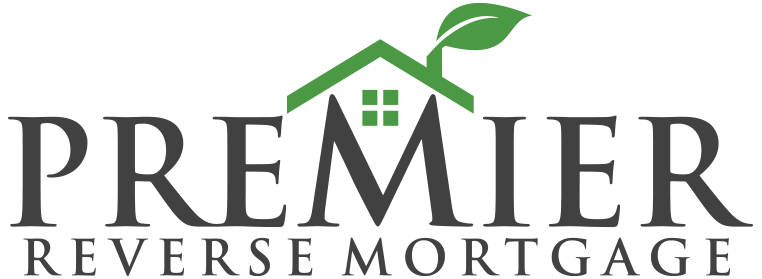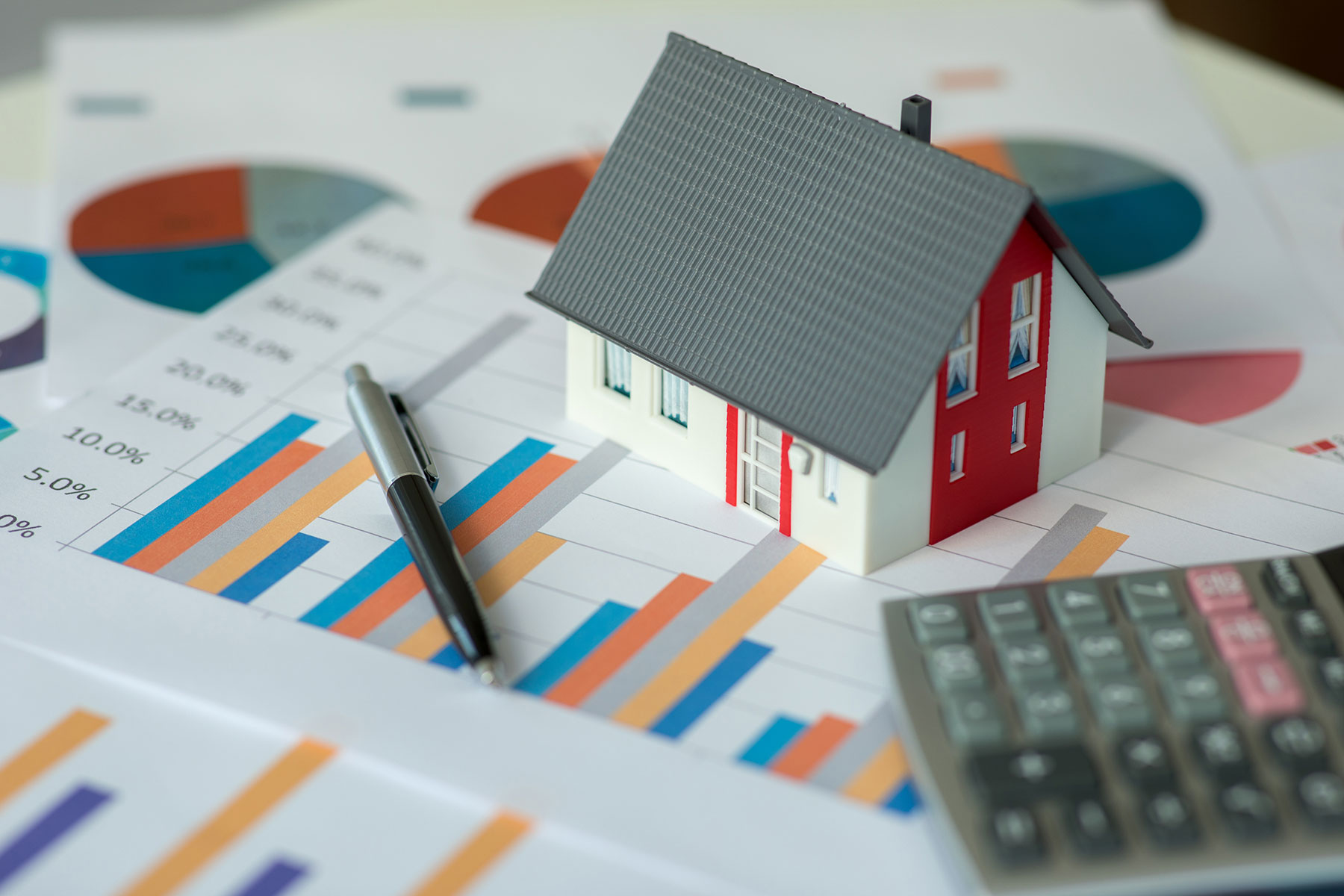One of the first steps in determining whether you should take out a reverse mortgage is by taking a look at how your family views your home equity.

The process for doing this will vary from family to family, but a good place to start is by asking yourself these questions:
- Did you inherit your home free and clear of any debt from your parents?
- Do you have adult children that are relying on the same from you?
- Does the home have some kind of historical significance where the eventual sale will be discouraging to the remaining family members?
If the answer to all of the above is no, or it has been thoroughly discussed with the parties that will be impacted, continue by evaluating your finances.
To get a firm grasp of whether a reverse mortgage is a good fit, you will need to sit down and calculate your annual expenses versus your income. Begin by answering the following:
- Do you have a surplus or a shortfall each month?
- If you aren’t currently retired, what will your income look like when you are?
- If you are running a shortfall and drawing from retirement assets (401K, IRA, savings, etc), how long do you project those accounts to last?
If the answer to the last question is less than 90 years old, then I would suggest utilizing a reverse mortgage as part of your retirement plan. There are many strategies where a reverse mortgage can extend your retirement portfolio for a significant number of years.

And then last but certainly not least:
- Do you enjoy the home you are in?
- Will it fit your lifestyle moving forward?
- Are you considering purchasing a new home in the next 5 years?
Consult a Loan Officer
Depending on the reverse mortgage strategy, knowing how long you want to remain in your home is a key piece of the decision making process. Contact us today if you would like to discuss your scenario in more detail.






